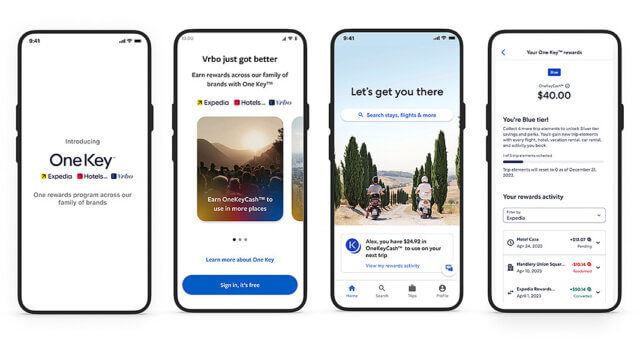WASHINGTON—The American Hotel and Lodging Association (AHLA) and its foundation arm, the American Hotel & Lodging Educational Foundation (AHLEF), have debuted a pilot program to offer higher education pathways to the hospitality workforce at little or no cost to the employee, made possible through a partnership with Pearson. Eligible employees of 10 participating hotel companies across 1,500 properties will be able to complete a free associate degree and a low-cost bachelor’s degree.
“We support more than eight million jobs in every community across America,” said Katherine Lugar, president/CEO of AHLA, noting that the pilot program is “an incredibly important effort to build on our long commitment to empowering our workforce.”
Noting that many working adults are interested in higher education options, but rising tuition costs, competing personal responsibilities and student debt push it out of reach, the partnership aims to give working adults in the hotel industry a more affordable and more flexible education, while helping employers to attract and retain good employees.
“Our industry exemplifies the American Dream, fostering development and providing opportunities for upward mobility and exciting lifelong careers,” Lugar said. “Nearly half of our industry’s general managers began their careers in entry-level positions, as well as many of our global C-suite executives, who started as dishwashers, bellmen and front-desk agents.”
The pilot program, offered in partnership with Pearson’s AcceleratED Pathways program, is a first-of-its-kind solution for the hospitality sector. Lugar noted that this is a necessary step. “There is a very real labor shortage in our industry; a growing skills gap is making it more difficult for our industry to recruit and retain qualified staff,” she said. “It’s imperative that we continue to fuel the talent pipeline so that we can continue to grow in the years ahead of us… While we recognize the fact that not all people who work in hotels either need or want a college degree, this new program will make it easier for those who do want to pursue additional education.”
Participating companies run the gamut from large global brands to management companies and independent properties, and include Hersha Hospitality Management, New Castle Hotels & Resorts, The Osthoff Resort, OTO Development, The Nines Hotel, Pivot Hotels & Resorts and Davidson Hotel and Resorts, Pyramid Hotel Group, Red Roof Inns, TradeWinds Island Resorts, and Wyndham Hotels and Resorts.
James Homer, EVP at Pearson, noted that the program will take advantage of existing tuition-reimbursement programs that often go unused by employees, particularly at the frontline and mid-level worker demographic. “American employers spend approximately $22 billion a year on tuition assistance and equal sums on learning and development, but fewer than 5% of employees are taking advantage,” Homer said, noting that employees cite high costs and lack of flexibility in delivery modalities dominated as barriers to participation for current programs.
Pearson addressed these challenges to improve usage. “The AcceleratED Pathways program helps companies and employees manage tuition and education benefits programs to improve accessibility and affordability of these programs, so more employees will be spurred to participate,” he said. “The thinking goes that more participation in education benefit programs increases and drives return on investment on that tuition spend against costs like recruitment and retention.”
Pearson will help match an employee with an online degree program at an accredited community college or university to complete an associate or bachelor’s degree. Working within the confines of each member company’s tuition program, Pearson has partnered with several schools—with more coming online.
In many cases, employees can use existing college credits to jumpstart their education, and apprentices currently enrolled in AHLA’s apprenticeship program can also earn college credit. “Adult learners often start or restart their pathway at different points,” Homer said. “Part of the framework is to address the fact that people are coming in at different points. How can we help them shorten the distance to the goal line?”
Students also receive support services that significantly reduce the administrative burden, making it more likely that they will complete their degree.
Employees are expected to begin participating in this program as early as March 2018.




